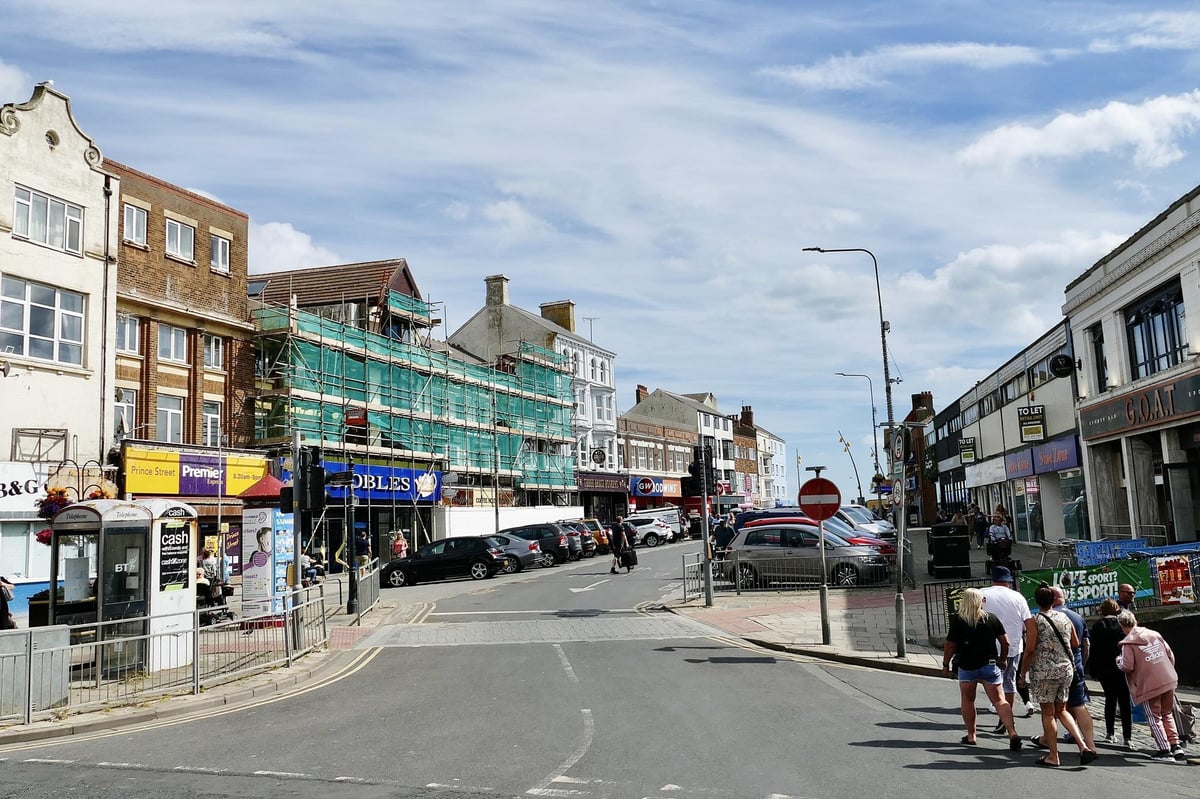Eagle Archives, Sept. 17, 1953: Collecting antiques led Richmond man to position as No. 1 Shaker authority
By Jeannie Maschino
Copyright berkshireeagle

A historical quest that began with small-scale antique collecting and “just kept on expanding” has made Edward Deming Andrews, Berkshire native and summer resident, into perhaps the world’s foremost authority on the rise and decline of the extraordinary socialistic sect known as the Shakers.
Mr. Andrews, whose new book, “The People Called Shakers,” was published by Oxford University Press last week, first became interested in the movement 30 years ago when he operated a small antique business at his home on Clinton Avenue, Pittsfield, while earning a Ph.D. at Yale University.
Today he is dean and head of the history department at the Scarborough School, just outside New York City. But he still spends his summers surrounded by treasured Shaker furnishings in a house on Dublin Road, Richmond, only a mile or two from the area’s only surviving Shaker colony in Hancock.
“The People Called Shakers” is the third book Mr. Andrews has written on the subject, and he considers it the culmination of his years of research. “It is,” he says, “the product of more than 25 years of note-taking and observations” by himself and his wife, Faith, who has enthusiastically shared his lifelong interest in Shakerism.
Mrs. Andrews, who was Faith Young of Pittsfield before her marriage 32 years ago last month, was co-author of an earlier Andrews book on Shaker furniture and served as a sort of behind-the-scenes collaborator on the new one.
“I did the actual writing,” Mr. Andrews explains. “But it was really the result of our joint experience and study.”
Despite their earlier casual interest in Shaker furniture, it was not until Mr. and Mrs. Andrews stopped in at the Hancock Shaker colony to buy a loaf of fresh bread one day in 1925 that they began to study Shakerism seriously. Sister Alice Smith sold them the bread and for the first time they saw Shakers and Shaker furnishings in an authentic environment.
“It was a tremendous revelation to us,” Mr. Andrews recalls. “It was a whole way of life that we hadn’t really been aware of, even though we had lived only a few miles away from it most our lives.”
On further study, their admiration for Shaker craftsmanship developed into a deep appreciation of the peace and inner harmony that Shaker life represented in a world that was becoming increasingly discordant and disordered. For many years, the Andrewses visited the New Lebanon and Hancock colonies several times a week, sometimes even sharing in the Shakers’ “silent meals,” at which no word was spoken and food for visiting “world’s people,” as outsiders were called, was cooked separately from that of the believers.



